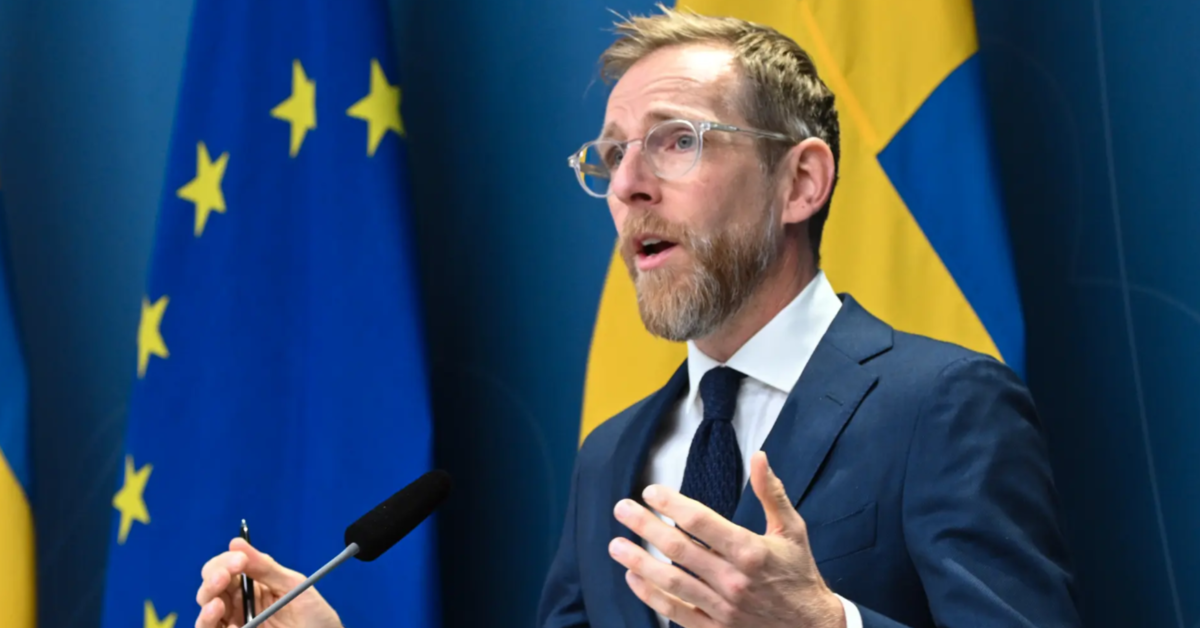On January 31, John Podesta was named Senior Adviser to the President for International Climate Policy. Podesta is currently a Senior Adviser in the White House responsible for implementing the Biden administration’s signature climate law, the Inflation Reduction Act. In his new role, Podesta will lead US diplomatic efforts to address climate change. He will succeed former Secretary of State and current Special Presidential Envoy for Climate John Kerry in the role when he formally steps down this spring.
What Does It Mean?
The high-level appointment of John Podesta as Senior Adviser to the President for International Climate Policy signals the importance that the Biden administration puts on addressing climate change.
- As a former White House chief of staff under President Bill Clinton, and as a former counselor to President Obama, Podesta brings a high-profile stature to the job, in addition to a long record of work on domestic and global climate issues.
- Bruce Babbitt, Bill Clinton’s Interior secretary, has said: “The hidden hand of John Podesta is involved in every environmental advancement accomplished in the Clinton and Obama administrations.”
- In the Clinton and Obama Administrations, he played a key role in negotiating global climate deals, including the 1997 Kyoto Agreement and the 2015 Paris Agreement.
- He is currently a Senior Adviser in the White House responsible for implementing the 2022 Inflation Reduction Act—a role he will continue to maintain alongside his new job.
- The role will be housed in the White House, rather than the State Department. This is viewed as a way to avoid the politically fraught process of Senate confirmation for special envoys (the title held by John Kerry).
Why Does It Matter?
Podesta takes on this new role during a crucial moment for international climate policy. Around the world, new policies are emerging that build out new green industries while fueling trade tensions. Meanwhile, new global climate agreements are moving from the negotiation to the implementation stage.
- The passage of laws such as the US Inflation Reduction Act and the EU Carbon Border Adjustment Mechanism have stirred tensions between the US and its trading partners and raised concerns about protectionism. Podesta has emphasized the need to harmonize the US and EU’s approach to decarbonization.
- Similarly, China’s rapid expansion of new energy technologies, such as electric vehicles and renewables, has raised new concerns in the US and Europe about Chinese dumping and other trade practices. Podesta has a history of working with Chinese counterparts on climate issues, having helped broker the 2014 bilateral deal between the US and China to reduce emissions.
- In 2023, governments around the world agreed to “transition away from fossil fuels” at the COP28 conference in Dubai. Now governments must work out how to turn the agreement into action, with implementation plans, tangible projects, and climate finance.
- Just as he has been charged with overseeing the implementation of US climate policies, Podesta will play an important role in advancing implementation of global climate agreements.
- Podesta’s dual role—as White House adviser for both international and US climate policy—could allow him to better coordinate the US government’s intergovernmental efforts to deal with climate change.
Where Is It Going?
Podesta will take over John Kerry’s international responsibilities when Kerry formally steps down, likely this spring. Podesta has the potential to influence a wide variety of items on the global climate agenda.
- These include efforts to manage trade tensions over green industrial policies between the US and European Union, as well as China.
- Other issues include efforts to scale climate finance, reform international institutions such as the World Bank and IMF, advance the Loss and Damage Fund, mobilize additional adaptation finance, and advance climate and environmental justice initiatives. All of these issues will be on the agenda at COP29 in Baku, Azerbaijan.
- The extent of Podesta’s influence will largely depend on the outcome of the November 2024 presidential election, which immediately precedes COP29. If President Biden loses, Podesta’s ability to influence COP29 negotiations will be significantly limited.



